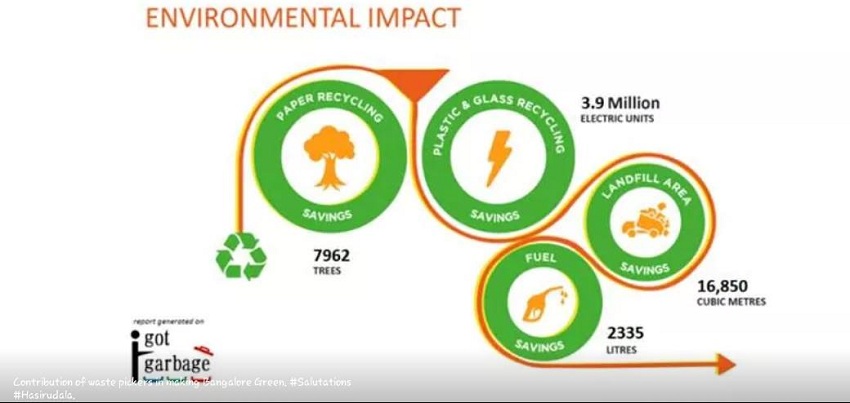By Kabir Arora:
Informal economy! I’m not sure whether any of the readers have had heard the term ‘informal economy’ ever before. As far as I know, the term is not there in school syllabus. It is apparently absent from Bachelors’ courses too. Informal economy workers are everywhere. Let me also make one thing very clear, that informal economy workers are neither illegal nor illegitimate children of the republic. It is definitely not the other name of black market.

Informal economy, at very basic level, means the economy or sectors which are not regularized or recognized by the state or other state actors. Most of the developing economies are known for large scale informalities in various sectors. South Asia, particularly India, is no different. According to the Employment & Unemployment Survey 2004-05, 84.7 % of Indians work in the informal economy, a majority of those are women and many fall in the category of youth. A street vendor selling vegetables, a cobbler repairing shoes, domestic help, waste picker collecting —sell-able or recyclable waste, agriculture labourer, carpenter and many more are all informal economy workers. They are the backbone of Indian economy. Their contribution to GDP is rarely acknowledged.
Most informal economy workers are poor, marginalized and in context of India, belong to erstwhile lower castes. They live in informal settlements which are disease prone, with no proper water and sanitation facilities. Their access to social, educational and nutritional security is lowest amongst most social groups. In recent years, a few welfare measures like right to food and right to education have come up, but they are too short of addressing the cores issues which make masses vulnerable.
In the troubled times like the ones we are living in, another monster is standing at our door. The monster is Climate Emergency. The nation-states have not taken any stringent action to mitigate the climate crisis. Instead, they agreed to have a 2 degree C rise in temperature without even knowing what it implies. This means that they have agreed to more floods, droughts, irregular rains and falling agriculture production.
Informal economy workforce is far more vulnerable than ever before. Their settlements are based in low lying areas prone to flooding in extreme rainfall events. Dysfunctional public health facilities are provided, if at all, in their areas of residence. Low health, medical insurance support, high expenses on medical facilities and with decreasing production of food, high inflation, are a major cause of concern for them. In all such scenarios, they are the first to be pushed to the wall. It is sad to say that none of the informal economy workers are beneficiaries of ‘development’. They are not at all responsible for carbon emission, but they are made to face the brunt of climate crisis.

Many vocations which are recognized by state and non-state actors as informal are sustainability professions, or green businesses. For example, waste pickers who collect the sellable waste aka recyclable materials make our cities clean and green. According to an estimate, there are 15,000 waste pickers in the city of Bangalore. Bangalore city generates around 3000-5000 tonnes of waste daily. Out of which, the given number of waste pickers send 1050 tons of waste for recycling, which may have ended up in a dump yard. This reduces carbon and methane gas emissions. They, through recycling of paper, save around 7962 trees in a year. By sending plastic and glass for recycling, they save 3.9 million electric units, they also save 2335 litres of fuel which would have been used to transport the waste to dump yard. In addition to that, they also save 16,850 cubic meters of land which would have been added to the dump yard if the waste pickers were absent.
Apart from waste pickers, there are agriculture labourers who provide us food; gardeners who plant and manage trees in our cities; cobblers who help us get our footwear i.e. shoes, floaters, sandals repaired in the age of use and throw. They all are our silent environmentalists, our saviours. In this mean world, we rarely see their role acknowledged as important workers, leave aside giving the tag of ‘green entrepreneurs’ to them.
Countries like India with ‘development fundamentalists’ at the helm of governance have agreed to not do anything substantial to mitigate environmental and climate crisis. They want to follow the development path. The path pumps money in the pockets of stinkingly polluting rich men who keep adding carbon in the atmosphere by their industrial farts. Poor, or informal economy workers, who live on the margins, keep doing their work silently.
The state, in its best intentions, finds intensive ways to keep pushing them to margins. It’s a shame that the contribution of informal economy workers go un-registered with lowest interest shown to help them access social and nutritional security. The adaptation fund INR 100 Cr. promised by finance minister in the recent budget is nothing more than a half hearted symbolic measure. It will not be enough to pay the bureaucracy which we have created for mitigating climate crisis for a year, leave aside the actual adaptation and mitigation work.
In the climate change scenario, it is the informal economy work-force which will be our saviour, irrespective of their increased vulnerability, and not the green washing companies, big business houses and elite environmentalists based in research and advocacy organizations. We all need to facilitate livelihood security for them and argue for their increased access to social security so that their and our future is secure. Their increased adaptability and mitigation skills are going to be Noah’s arch for all of us.
*Kabir Arora (Khan) is the national convener of Alliance of Indian waste pickers and board member of Indian Youth Climate Network